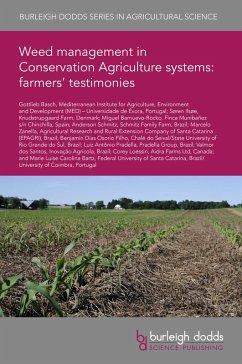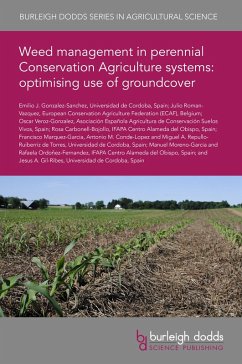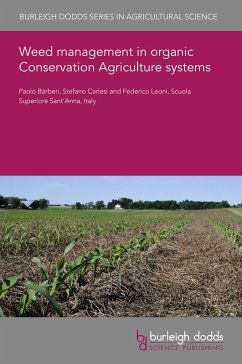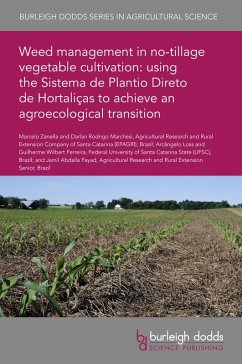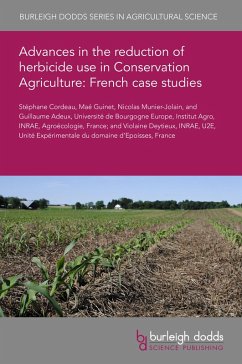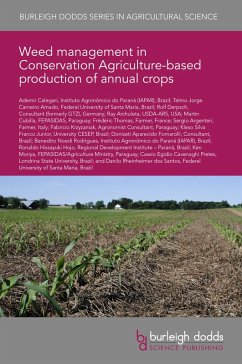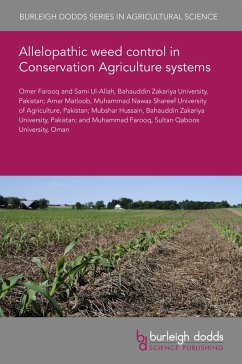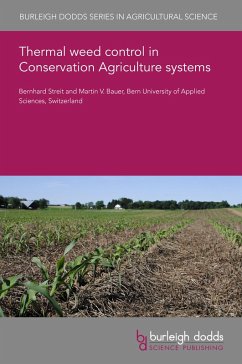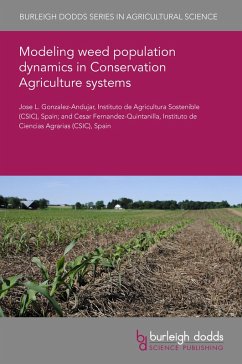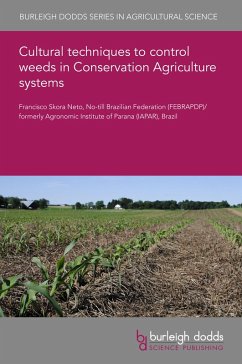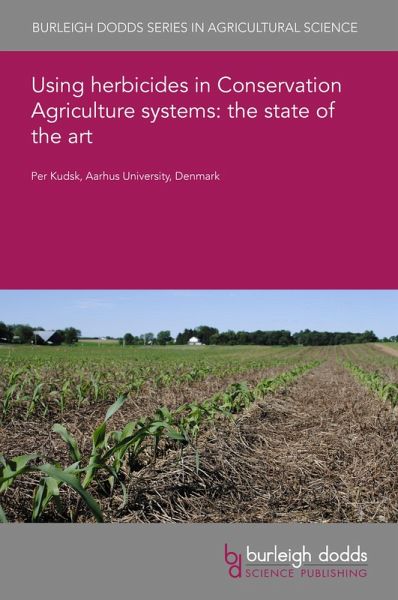
Using herbicides in Conservation Agriculture systems: the state of the art (eBook, PDF)

PAYBACK Punkte
12 °P sammeln!
Conservation agriculture has received increasing interest worldwide as a cropping system addressing the future challenge of feeding an increasing world population while minimizing the negative environmental and climate impacts of agriculture and preserving soil fertility. There is an ongoing discussion whether conservation agriculture, adopting all three principles, will exacerbate problems with weeds and hence increases the need for weed control including herbicides but in practice synthetic herbicides are an integral part of a conservation agriculture cropping system. The primary concerns as...
Conservation agriculture has received increasing interest worldwide as a cropping system addressing the future challenge of feeding an increasing world population while minimizing the negative environmental and climate impacts of agriculture and preserving soil fertility. There is an ongoing discussion whether conservation agriculture, adopting all three principles, will exacerbate problems with weeds and hence increases the need for weed control including herbicides but in practice synthetic herbicides are an integral part of a conservation agriculture cropping system. The primary concerns associated with herbicide performance in conservation agriculture are 1) the higher content of organic matter in the uppermost soil layer that may reduce the efficacy of residual herbicides and 2) the occurrence of crop residues on the soil surface that may intercept herbicide reducing deposition on the soil and weeds. This chapter will address these concerns but also discuss some recent developments in conservation agriculture that could influence herbicide use.
Dieser Download kann aus rechtlichen Gründen nur mit Rechnungsadresse in A, D ausgeliefert werden.




